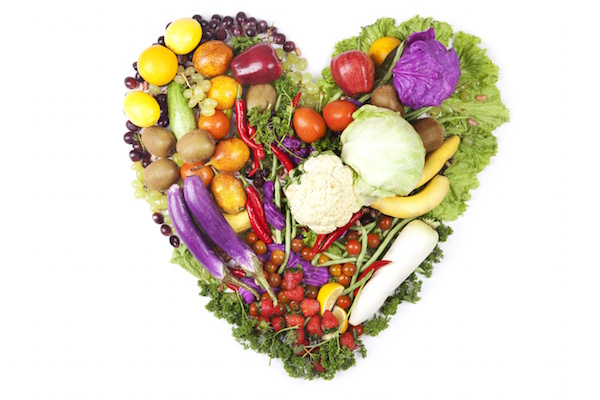
FRIDAY, Oct. 10, 2014 (HealthDay News) — A few healthy habits could reduce your risk for colon cancer, according to a new study.
Researchers analyzed data from more than 347,000 people in Europe who were followed for 12 years. During that time, nearly 3,760 cases of colon cancer were diagnosed among the participants.
The study authors examined how five lifestyle factors affected colon cancer risk: healthy weight; low amounts of belly fat; regular physical activity; not smoking and limiting alcohol consumption; and a well-balanced diet. This diet was high in fruits, vegetables, fish, yogurt, nuts and seeds, and foods rich in fiber, and low in red and processed meat.
The more of these factors people had, the lower their risk for colon cancer, according to the researchers. Compared to those with none or only one of the factors, those people with two healthy factors were 13 percent less likely to develop colon cancer while the risk was 37 percent less for those with all five healthy factors, the study found.
However, the association was greater among men than women, according to the authors of the study in the Oct. 10 issue of the journal BMC Medicine.
“Estimates based on our study populations suggest that up to 22 percent of the cases in men and 11 percent of the cases in women would have been prevented if all five of the healthy lifestyle behaviors had been followed. Our results particularly demonstrate the potential for prevention in men who are at a higher risk of [colon] cancer than women,” lead author Krasimira Aleksandrova, of the German Institute of Human Nutrition Potsdam-Rehbruecke, said in a journal news release.
The findings “provide additional incentive to individuals, medical professionals and public health authorities to invest in healthy lifestyle initiatives. Each person can contribute a lot to avoid cancer; the more healthy lifestyle changes, the better,” Aleksandrova concluded.
While the findings don’t prove that healthy living will prevent colon cancer, they add to evidence that factors such as weight and diet influence your risk.
More information
The U.S. National Cancer Institute has more about colorectal cancer prevention.
Copyright © 2026 HealthDay. All rights reserved.

